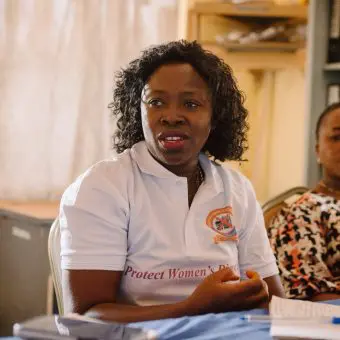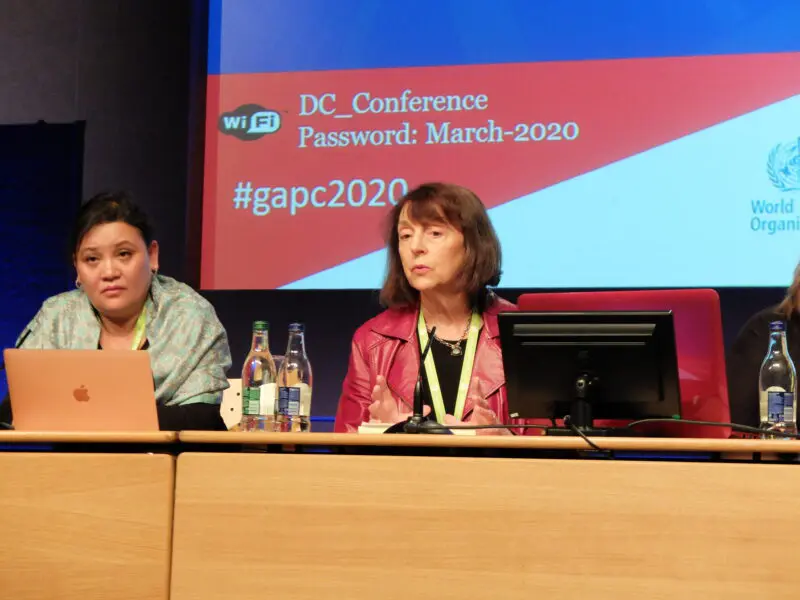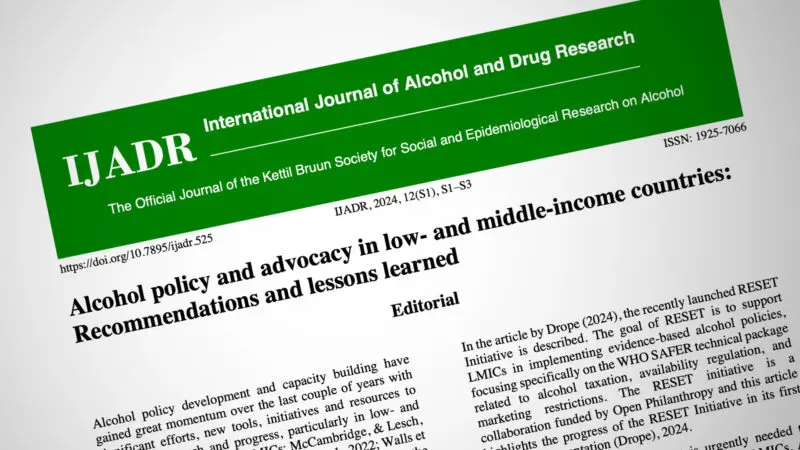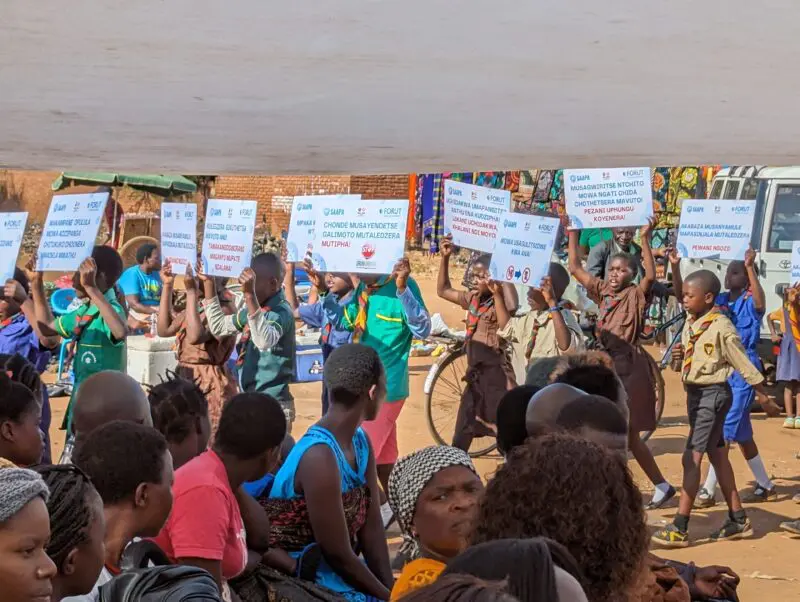There is a new drug running rampant in Sierra Leone – Kush. This illegal drug is killing the dreams of thousands and is quickly becoming a problem for an entire generation. What is this new drug and why is it so problematic?
Kush, also known as Spice or K2, is a synthetic drug that mimics the THC found in cannabis. Its exact composition is ever changing. Several media outlets are reporting that one of the newer ingredients are human bones. Channel 4 interviewed Dr. Mattia who explains that sulphur, which can be found in human bones, can give the feeling of being high when taken in high concentrations. Consequently, Sierra Leone now face a problem with grave robbery.
The cheap escape
The drugs interchangeable recipe means it is cheap to produce. Moreover, it is made locally making it easily accessible. Kush is a so-called “zombie drug” removing the users from reality and into catatonic state. The increase in use of Kush has been accompanied by an increase in videos online of users high on the drug doing lethal activities. Videos of people crossing roads and falling asleep upright halfway and others of people banging their heads into walls are some of many examples. The tell-sign of Kush has become swollen infected feet and legs, all tough the reason behind this is not clear. The Telegraph reports that dozens die each week of the new drug.
Kush is easily accessible. For many, a car wash is the best place to purchase the drug. One dose of Kush is priced at just five leones, approximately a quarter American dollar. In comparison, the common drug Tramadol is priced at 25 leones, according to FORUTs partner organisations in Sierra Leone. Alcohol is also more expensive than Kush.
The availability and price of Kush partly explains why Kush has propelled on to the streets and among the large young population, which is facing a 60% rate of youth unemployment according to the Telegraph.
A study done by Ibrahim Bangura (2023) in the African Conflict & Peacebuilding Review points to several reasons why young men in particular are turning to Kush and other substances. One such factor is the aftermath of the civil war which ended two decades ago.
The use of substances and marginalization of young poor men has led to the creation of gangs with distinct territories.

Wiping out a generation
16-year-old Fatmata Kanu is part of a Children and Young people’s Club (CYP) in Port Loko, organized by FoRUT in Sierra Leone. Kush is a topic that engages the members.
– A lot of people in my community abuse Kush. They are not afraid to hurt others, and that scares us. Kush is destroying lives and emptying pockets. Youth should spend their money on school instead. Many drop out of school because of Kush, says Kanu.
Nancy Gbamoi is a teacher and a member of Each One Save One Civil Society Organization and the Sierra Leone Alcohol Policy Alliance (SLAPA). Her voice raises and the tempo increases when she talks about the Kush problem.
– This drug is destroying our youth. As a teacher, I see an entire generation disappear in front of my eyes. A girl at my school was expelled for taking it. It was not the best solution for her. Soon we will be only children and old people living in this country, says Gbamoi.

There is only one psychiatric hospital in Sierra Leone, and now most new intakes are related to Kush. This is a growing problem that needs to be resolved as there is not enough capacity to help those that need it.
– Once you start taking Kush there is only two ways out: Mental suffering or death. We don’t know what we can do for them. We don’t have the medical institutions here to help us, nor the law enforcement to cope with this, says Gbamoi.
Not the root cause
The root-cause is not the accessibility nor the price of the drug. It is the political and social situation. The lack of education and job opportunities which leads to low social mobility and hight rates of poverty provide some examples.
Sierra Leone is currently ranked towards the bottom of the UNDP human development index demonstrating just this. Another explanation is the high social inequality. The Ebola and Covid-19 epidemics worsened the situation by limiting livelihood opportunities and restricting the mobility of young people across the country.
Kush is not only spreading within Sierra Leone, but also to its neighbour countries – Liberia and Guinea. This is creating tension between the people living on the border. The issue according to Guinea is that Kush is passing over the border from Sierra Leone to Guinea and with that some of the social issues related to Kush.
A response to this is emphasising that Kush is a symptom and not the root cause. Moreover, the flexibility of the drug components means that Kush can just as easily be produced in Guinea and Liberia as in Sierra Leone. The solution to the Kush problem is not in drug policing, but in addressing why so many people feel a need to take drugs in the first place.

Alhassan Jalloh, Head of Programmes at FoRUT in Sierra Leone, says the Kush epidemic could be tackled with a collective action of both the civil society and the government.
– The Sierra Leone government’s agenda is human capital development. We cannot realise a productive and happy nation with a society affected by drug abuse. The role of civil society is to ensure that the supply chain is dismantled and raise awareness among people to avoid taking Kush. On the side of the government, they should review the 2008 National Drug Controls Act to reflect the Model Drug Law for West Africa that focuses on rehabilitation and reintegration of people who use drugs. We need to act now because we are concerned about our youth, says Jalloh.

All photos: Øyvind Strand Endal, FORUT.






